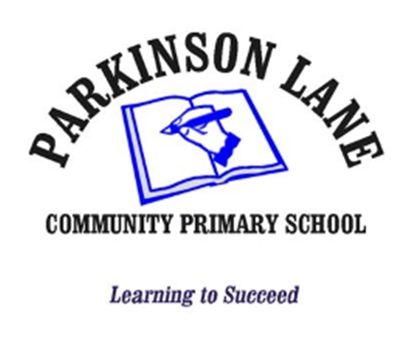Weekly, after-school maths tuition classes are offered to pupils in Years 3 – 6. The primary aim of these classes, across all year groups, is to improve confidence and fluency in maths. When faced with a maths problem, the children need to be able to tackle it efficiently and accurately. To this end, we mainly focus on understanding number and developing mental strategies. Additionally, we use this time to look at topics not covered at the end of last year, due to the Covid lockdown.
Mental maths is the ability to work out calculations of all sorts in your head; being able to give an answer to a question without having to write down every step of the calculation, although making the odd note is acceptable. Good mental maths skills in primary school generally show that a child has grasped what numbers represent, can spot patterns, and has developed excellent fluency and recall. Mental strategies in maths are accepted ways of working maths out in your head that help us to take shortcuts and get to the correct answer in an efficient way. They are also the foundation of any written or formal method in mathematics.
Efficient mental calculation strategies are key to success in the KS2 SATs Paper 1- Arithmetic where over 80% of questions are designed to be able to be solved mentally, or through jottings. Many children attempt most of the questions using formal written methods, which leads to them running out of time and not completing the paper.
So, in tuition classes, I approach this in a variety of ways:
Teach mental maths strategies and mental calculation techniques. Lesson time is devoted to teaching strategies conceptually and supporting children to make connections between their known facts and mental calculations.
Engage the children in discussion – they are encouraged to discuss their mental strategies with each other. Children will see and approach calculations mentally in different (equally as valid) ways, and through sharing these they expose each other to different ways of thinking about and ‘seeing’ a calculation.
Provide regular mental maths practice, ensuring children have plenty of opportunities to use, apply and recall the facts that I want them to be able to recall rapidly.
Play games and create opportunities for meaningful activities – if the activities are fun and meaningful children will be supported in developing number sense and fluency in an increasing range of calculations.
Ensure ‘basic’ number facts are practised - it’s important not to neglect ‘basic’ number facts- for example, number bonds within 10, 20 and 100 and the 1-12x multiplication table are practised and children are encouraged to use these facts in their mental calculations.
The work covered in the tuition classes complements the work being done in class, rather than giving extra practice of topics covered in daily lessons. However, gaps in knowledge due to the Covid 19 lockdown are identified and catch up activities are planned to bring the children up to speed.
After each lesson, the children are required to complete a task at home. This is to reinforce what has been taught that week and to give me an opportunity to assess how fully they have grasped a concept. It is therefore important that these are completed and submitted on time.

